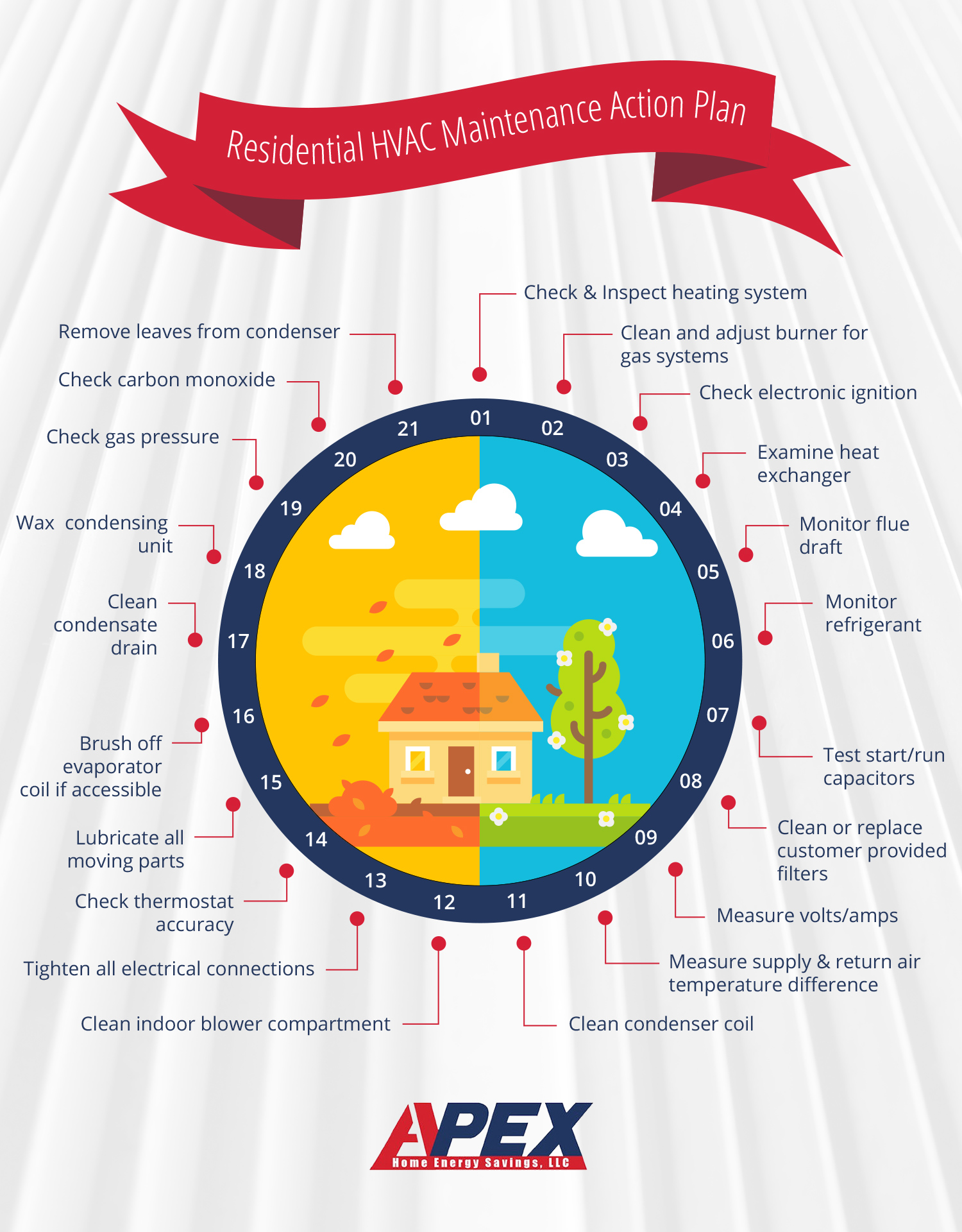Exploring The Environmental Benefits Of Heat Pumps - A Lasting Heating Solution
Exploring The Environmental Benefits Of Heat Pumps - A Lasting Heating Solution
Blog Article
Authored By-Moser Burgess
In a period where sustainability and energy performance are paramount, several organizations look for eco-friendly home heating remedies. One such solution is the heatpump.
A heat pump draws out the heat in its environments and pumps it right into your home, causing one of one of the most efficient eco-friendly central heater around. This procedure likewise generates zero greenhouse gas exhausts, making it a very lasting technology.
Energy Effectiveness
Heatpump are very energy efficient and require little maintenance. They make use of less electricity than other heater and are by far the most eco-friendly. They function well with rooftop solar and can often spend for themselves in utility savings alone.
They can also offer cooling, which is terrific for garage workshops, attic room hangouts and bonus spaces, and home additions without extending the existing ductwork. They can even be made use of for retrofits in existing homes with hydronic (water-based) circulation systems such as low temperature level radiators or radiant floorings.
Look for models with SEER and HSPF ratings that satisfy or surpass copyright's minimum requirements, as well as the requirements in your area. Higher scores imply greater effectiveness, which saves you cash over time and lowers your carbon footprint. You may even get approved for rebates and incentives! The best units are those with a ground heat exchanger for added performance. https://www.seattletimes.com/seattle-news/transportation/as-wa-gas-prices-continue-to-soar-here-are-some-tips-for-conserving-fuel/ can take in thermal power from the ground during the wintertime and extract it in the summertime.
Lowered Greenhouse Gas Emissions
Heatpump operate on electricity and essentially move heat from the air, even when it's cool outside. They have the ability to draw out the cost-free warm trapped in air bits and move them indoors, decreasing moisture while doing so.
Compared to gas heaters, modern heat pumps use less than one kilowatt of power per kilowatt of home heating power they produce. This makes them the most energy reliable home heating alternative available with a COP (Coefficient of Performance) of four or even more. By lowering the requirement for fossil fuels, heat pumps help in reducing greenhouse gas emissions and cut other significant air contaminants.
Building decarbonization is a global crucial, and the cooling and heating market is a key motorist of that process. Whether it's investor making net no commitments, policy manuf ac turers setting emissions limits, or tenants requiring greener areas, electric heatpump are being acknowledged as an important solution. They are a cost-efficient method to reduce carbon exhausts by getting rid of the need for fossil fuels in buildings.
Flexibility
Heat pumps can be made use of in several types of homes and structures-- with or without air ducts. They collaborate with hot-water radiators, air-conditioning and programmable thermostats. They can change heaters or be mounted in new residences. They can run on solar panels, geothermal systems and even district home heating resources like wastewater.
They're wonderful at supplying even more warm per energy system. For instance, an air-source heatpump generates up to 3 or even more heating devices from each electricity system it eats.
Getting one of the most from your heatpump will certainly depend upon your climate zone and high quality of insulation. Look for versions with power celebrity rankings and contrast their SEER or HSPF specs. In warmer climates, concentrate on SEER; in colder regions, think about a system with a higher HSPF ranking. Furthermore, buy air securing and insulation to minimize the load on your heat pump. That will boost power performance and aid you reach your Web No objectives faster.
Biomass Boilers
Biomass boilers utilize timber pellets, chips or logs to create warm and warm water. They are an excellent option for off-grid properties or those that intend to leave the gas grid.
As a standalone heating system, biomass can provide sufficient power to maintain your home warm throughout the year without the typical warmth drop off of other eco-friendly technologies. They can also be used along with photovoltaic panels to increase cost savings and gain from RHI repayments.
A drawback of these systems is the upfront price and routine gas deliveries. Usually, pellets will require to be blown into a fuel store utilizing a vacuum cleaner system or they can be by hand fed into the boiler through a hopper. Logs are typically self-sourced from neighboring forest or acquired wholesale. Along with this, they require hand-operated loading and may need cleansing often.